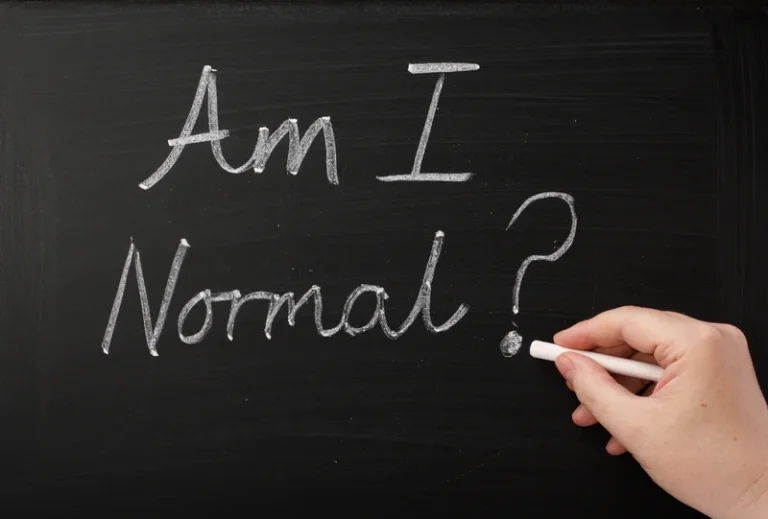Hangover Headache: Treatments, Home Remedies, Causes, and Symptoms

All of these factors will mean fewer drinks before a headache kicks in. If you dread the morning migraine almost as much as the embarrassing drunk dial, read on to uncover why it happens and – more importantly – what you can do prevent it. This article will explore the science behind the dreaded hangover headache, risk factors to be aware of, and lifestyle changes and coping strategies you can try.
Alcohol as a Migraine Trigger
Avoiding alcohol isn’t the only way to avoid an alcohol-related migraine headache. There are some health benefits to moderate alcohol consumption, but the key is knowing what types of alcohol cause your headaches, in what amounts, and what other factors might be involved. About two-thirds of people who drink alcohol develop these headaches. People who suffer from migraine are more prone to these reactions — even after drinking less alcohol than people who don’t get migraine headaches. Another thing that remains unclear is whether the type of alcohol you drink determines whether or not you will get a migraine headache. Some studies found that red wine is a main trigger in migraine with aura and cluster type migraine, but they also note that all alcohol could have the same effect.

Types of headaches associated with alcohol
A “drink” in this case is considered a 5-ounce glass of wine or 12 ounces of bee (5% alcohol, less for stronger beers, so be sure to read the label). Keep in mind that it is important to minimize the use of Tylenol (acetaminophen) when drinking alcohol (or recovering from a hangover), as the combination can harm the liver. Hangovers vary in severity and symptoms from person to person and episode to episode. In addition, some people may be born with a genetic predisposition to developing worse hangovers than others.
Recent Articles

Excessive alcohol consumption, including tequila, can result in a hangover the next day, which often includes headaches. It’s essential to drink responsibly and in moderation to minimize the chances of such discomfort. Alcohol’s exact role in triggering a migraine isn’t fully known. For instance, alcohol byproducts called congeners have been linked to headaches.
These symptoms may begin within minutes or hours of drinking and vary widely in severity. But if you’re prone to migraine headaches, you’ll need to be careful about how much you drink. A 5-ounce glass of wine (or 12 ounces of beer or a 1.5-fluid-ounce shot) may be OK every now and then, so long as it doesn’t bring on a headache. If it headache from tequila does, you’ll need to drink less or stay away from all alcohol.
In fact, drinking alcohol to calm yourself down can elevate your risk of triggering a migraine attack or an alcohol-induced headache. Exercise, laughter, or meditation might be better ways to blow off steam. The risk of developing an alcohol-induced headache is particularly high with mixed drinks that are composed of multiple types of liquor. In an open-bar situation, choose beer, wine, or a mixed drink made with a high-quality brand.
What the Community Says About Alcohol-Induced Headache

That will help you know what’s safe for you and what isn’t. The most important thing to consume while you are recovering from a hangover is liquid, in order to avoid further dehydration. Any liquid (except alcohol!) that you find palatable is acceptable, such as boullion, chicken soup, sports drinks, or water.
- And, of course, continuing to drink to avoid hangover symptoms can increase your risk of alcohol dependence in the long run.
- A cocktail headache develops the same evening, and even a tiny amount of alcohol can trigger it.
- Examples of sterile fluids include intravenous (IV), irrigation and dialysis fluids.
- One or two drinks with food and water over time might be safe for you, but three or more will produce a hangover headache for many people.
- Once the initial effects of alcohol wear off, our nervous system becomes overexcited, leading to anxiety.
Tips to ease the pain
Avoiding drinking is the best way to prevent an alcohol-related headache. Males should aim to drink two or fewer drinks daily, and females should aim to drink one or fewer. The alcohol in the blood increases more quickly with liquor than with beer. For example, if a person drinks liquor before beer, they are likely to feel the effects of the alcohol sooner. Those diagnosed with a specific type of headache may be more prone to develop a specific type of headache after consuming alcohol. This article will explore the relationship between alcohol and headache and consider why some people develop an alcohol headache after one drink.

Share this article
- Many of the same tips for preventing a headache after drinking also work for treating one.
- However, concentrations rarely get that high, so that’s not the complete explanation.
- For instance, a negative mood after drinking alcohol can contribute to some people having migraine headaches regardless of what they have drunk.
- It may be that avoiding or moderating alcohol intake is the best decision for you.Talk to your healthcare provider about alcohol use, which can have serious health and social consequences.
- In a 2017 study, researchers found that people of East Asian ancestry drink less than members of other groups.
- “Hair of the dog” refers to having some of the same alcohol the next morning that you had the night before.
- Some of these effects are caused by ethanol itself, and others are from an even more toxic byproduct of its metabolism called acetaldehyde.
Once in the brain it causes a chemical release that leads to pleasurable feelings, and it lessens inhibitions by depressing certain frontal lobe functions. Motor pathways become overactive, and blood sugar is processed less efficiently in the brain. As more and more ethanol molecules enter the membranes of the nerve cells, sedating effects develop. The effects of alcohol intoxication are relatively predictable based on measured blood alcohol content. While some people try to prevent headaches by taking over-the-counter pain medications before drinking, this can be dangerous. When you take a drug such as Tylenol while drinking, there is a potential for severe side effects, including liver damage.


